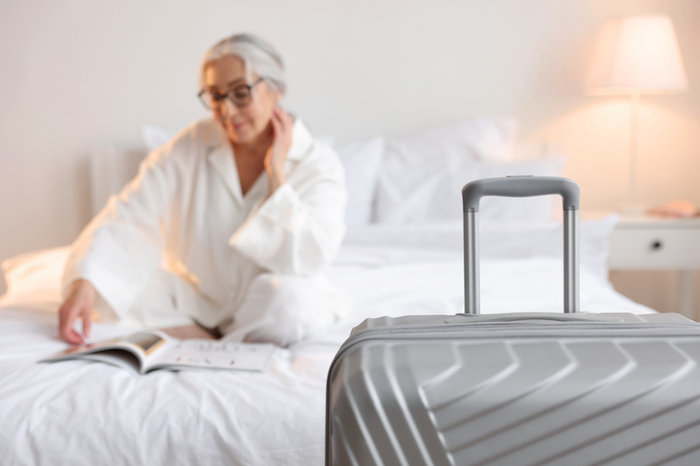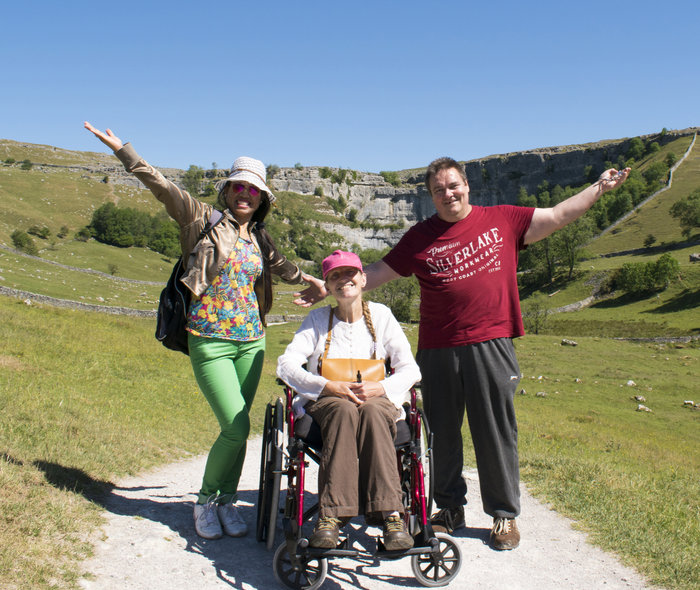August Newsletter
- nicoleba606
- Sep 16, 2025
- 4 min read
Brilliance Dementia Support & Consulting August Newsletter "When a flower doesn't bloom you change the environment in which it grows not the flower" |
 |
Traveling with someone living with dementia can be a deeply meaningful experience, offering moments of joy, connection, and shared discovery when planned with care and compassion. |
 |
Flying
Before the Trip: Plan Ahead
At the Airport
During the Flight
|
 |
Booking your room
|
 |
General Tips for Travel:
|
 |
Find quiet areas: Airports, museums, train stations, bus terminals and cities can be overwhelming for people with sensory issues, due to large crowds, distracting noises and unforeseen situations. Sensory issues are common among people living with autism, dementia, PTSD and other conditions. Attempt to familiarize yourself with these spaces and be prepared to find a quiet area.
THIS WILL:
|
 |
Some airports have designated quiet spaces specifically designed for individuals who require a lower sensory environment.
Airports that offer quiet spaces:
Pheonix Sky Harbor Airport (PHX): Compassion Corner-Quiet area with puzzles, etc.
Seattle-Tacoma (SEA): Sensory Room-Quiet spaces within concourses.
Kansas City (MCI): Sensory Room & Stimulation Center-Practice airport steps in calm environment, simulated boarding.
Pittsburgh International: Sensory Room-Soundproof walls and calm decor/colors.
Salt Lake City Airport (SLC): Sensory Room-Designed by medical professionals and neurodivergent individuals.
San Francisco Airport (SFO): Sensory Room-Highly researched decor and calm sounds.
Dublin Airport: Sensory Room-Bookable quiet space.
Atlanta Airport (ATL): Multi-sensory room-Soothing, supportive environment.
Hidden Disabilities Sunflower Program: Launched in 2016 by Gatwick Airport in London collaborated with its own special assistance provider (OCS, Outsourced Client Solutions), in partnership with charities like the Alzheimer's Society and the National Autistic Society. Its aim was to discreetly support passengers with dementia, autism, hearing loss, and other hidden conditions. The lanyard features a light green background with a sunflower pattern, a symbol to indicate the wearer may need extra assistance or time. Passengers (or their carers) can collect a lanyard free of charge from any Special Assistance desk at Gatwick. OCS-trained staff recognize the lanyard and are ready to offer tailored assistance, such as repeating instructions, giving extra time during security screening, or helping navigate the airport calmly. Gatwick has embedded Dementia Friends training widely across its teams: front-line staff receive this training, and there are Dementia Friends Champions at the airport to support the initiative.
|
 |
“Collect moments rather than things. Moments get away.”— Matthew Knisely |
I hope you've enjoyed this newsletter but if you didn't and would like to be taken off of my email list please reply and let me know This is NOT a replacement for healthcare. This is not considered healthcare advice. Please consult your loved one's healthcare providers for best practices and recommendations for your situation. |


Comments